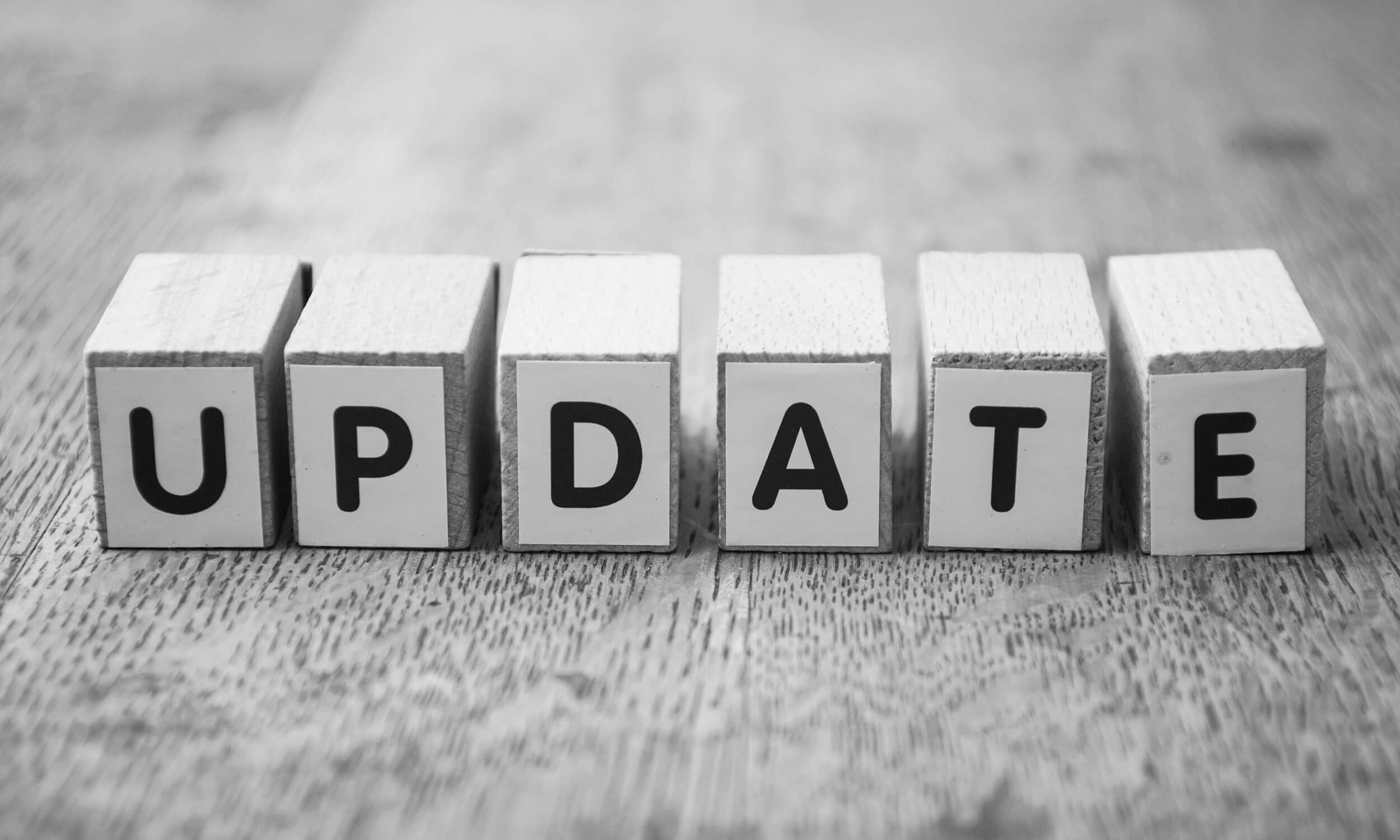Google Core Algorithm Updates: What They Are and How to Thrive Through Them
TL;DR
- Google rolls out core updates - broad changes to its search ranking systems - 3-5 times a year.
- With these updates, Google aims to better reward reliable, helpful, people-first content in search results.
- The helpful content system was previously a standalone update to assess if content was helpful. It is now baked into core updates and uses new signals to assess helpfulness.
- Content that performs well in search, now and in the future, needs to be people-first, demonstrate experience, expertise, authoritativeness, and trust (E-E-A-T), and offer a good user experience.
Google crawls and indexes vast amounts of content (pages, images, videos, and more).
When people enter a search query, Google finds relevant content from its index to answer the query.
It then needs to prioritize those relevant results. Google uses several automated search systems to understand search queries, detect relevant content, and rank that content (language models (BERT, RankBrain), freshness systems, link analysis systems, site diversity systems).
Tweaks to these systems are made daily, but broader changes to the systems are announced by Google as core algorithm updates.
Core algorithm updates help Google to accomplish its mission to present helpful and reliable results for searchers.
We explain in more detail what Google core algorithm updates are and what your site should be doing to make sure your content aligns with what Google’s ranking systems are trying to achieve.
What Are Google Core Algorithm Updates?
Google’s core algorithm updates are broad changes to search ranking systems. They don’t target specific sites or pages like other updates might do, such as spam detection systems and reviews systems.
They are announced by Google when they happen as well as the estimated roll out time.
The status of core updates can be tracked via the Google Search Status Dashboard.
How Often Do They Roll Out?
3-5 times a year, although at a Google Search Central Live event in December 2024, Google announced core updates may run more often.
How Big Are the Impacts of Core Updates?
It varies. Some updates see a lot of volatility in search results, others occur with much less impact.
Do Core Updates Affect All Pages on a Website?
Core updates are designed to work at the page level, but do include some sitewide signals.
What Is Google Trying to Achieve with Core Algorithm Updates?
To deliver on its mission to present helpful and reliable results for searchers.
The quality of search results matters to Google. In 2024 Q1, Google Search revenue stood at $46 billion, 57% of Alphabet’s (Google’s parent organization) revenue.
How to Recover from Core Algorithm Updates?
Google stresses that a site that is negatively impacted by a core algorithm update doesn’t necessarily need fixing - the update has just surfaced better or more relevant results (though of course, the impact is felt the same for a page that loses search ranking positions - having a “good” page that doesn’t need fixing is little consolation if it loses significant traffic).
If your pages have been negatively affected, Google points to its Creating helpful, reliable, people-first content resource to assess your content.
More specifically, Google’s asks to assess:
Content quality and E-E-A-T.
Primary audience (creating for people vs creating for search engines).
Page experience.
What Do We Know About the March 2025 Google Core Algorithm Update?
The latest core algorithm update rolled out in March 2025, the first update of the year and the first since December 2024.
In its announcement, Google reiterated its commitment to surfacing content from a wide range of sites—a nod to feedback from smaller publishers. This commitment was first mentioned during the August 2024 core algorithm update.
There was no new advice on what the core update is trying to achieve or what to do if affected. Google’s resource Creating helpful, reliable, people-first content resource serves as a reminder of what content creators should be working towards.
The Helpful Content Update(HCU) and Its Role in Core Algorithm Updates
What Was the HCU?
The Helpful content system was first announced as part of the HCU in August 2022.
Its objective was to ensure people see content written for people rather than unoriginal, low quality content created primarily just to rank in search results.
The Helpful content system was part of Google’s broader mission for higher quality search results.
How Did the HCU Detect Unhelpful Content?
The system used a machine learning model to generate a sitewide signal or classifier that was used, along with many other signals, for ranking.
The classifier was weighted - sites with more unhelpful content would see more of an impact.
The classifier generally lasted for many months - Google wanted to see long-term improvements on a site.
What is the Relationship Between HCU and Core Algorithm Updates?
The helpful content system now works much differently to the old one.
The March 2024 core update marked a change in how Google identifies helpful content. There are no more HCUs. Identifying helpful content is now part of Google’s core ranking systems.
There is no longer one classifier for a whole site - Google now uses a number of signals and approaches to show helpful content in search results.
Like core updates in general, it means measuring the helpfulness of content now occurs at the individual page level, although some sitewide signals remain.
Creating Content That Aligns with Core Updates
Creating content that aligns with what Google is aims to reward……
Provides long-term stability and insulates you from sudden rankings drops and associated lost traffic.
Provides a good user experience. Getting people to your site is only part of the story. Sites that rank well but provide a poor experience may earn the traffic, but not the important actions or repeat visits.
That means creating…
People-first content (for a defined audience, with a clear purpose, that achieves its goal).
Content that demonstrates aspects of E-E-A-T - Google’s concept of measuring content quality. While E-E-A-T covers a number of factors, many of which stem from offline activities or those out of your control, it also includes aspects of the content directly - is the content original, accurate, comprehensive, and clearly communicated? Does it reflect expert consensus?
Pages with a good experience. Fast loading pages, a secure site, mobile-friendly, intuitive navigation.

